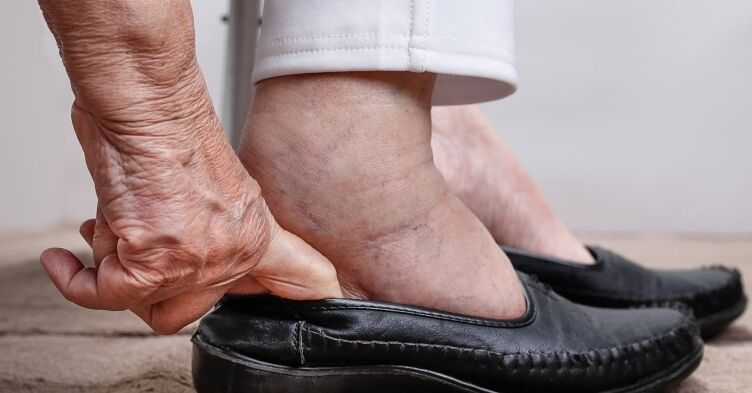Processed meats – for example sausages, ham or bacon – are linked to a higher risk of cancer, according to the World Health Organization (WHO).
It is classed as “carcinogenic to humans” on the basis of sufficient evidence for colorectal cancer, and an association with stomach cancer.
By eating 100g a day of red meat, your risk of colorectal cancer increases by 17%, and 50g of processed meat (less than two slices of ham) a day increases your risk by 18%, the report stated after reviewing the evidence.
Processed meat refers to meat that has been transformed through salting, curing, fermentation, smoking, or other processes to enhance flavour or improve preservation.
Similarly, red meat – beef, veal, pork, lamb, mutton, horse, or goat meat – has been classed as “probably carcinogenic to humans”, though the report admitted that red meat also contains B vitamins, iron, and zinc.
In response, Professor Robert Pickard, emeritus professor of Neurobiology at the University of Cardiff and a member of the Meat Advisory Panel, said he was “very surprised” at the strong conclusion of the report “given the lack of consensus within the scientific community and the very weak evidence regarding the causal relationship between red meat and cancer.
”Avoiding red meat in the diet is not a protective strategy against cancer. The top priorities for cancer prevention remain smoking cessation, maintenance of normal body weight and avoidance of high alcohol intakes. Red meat has a valuable role within a healthy, balanced diet thanks to its high protein content and rich nutritional composition,” he added.








